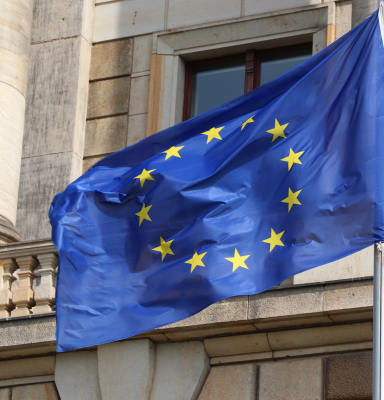
Q&A
-
What is the EU Timber Regulation?
The EU Timber Regulation (Regulation No 995/2010 of the European Parliament and of the Council of 20 October 2010) counters the trade in illegally harvested timber and timber products. It outlines the obligations of operators and traders who place timber and timber products on the European market. The Timber Regulation has three key components
- It prohibits the placing of illegally-harvested timber, and products made from illegally-harvested timber, on the EU market;
- It requires the “first placer” of timber products on the EU market to exercise due diligence; and;
- It requires traders who deal in timber products after the first placing to keep records enabling basic traceability of supply chains.
-
What is "due diligence"?
The core of the concept of "due diligence" is that operators implement risk management to minimize the risk of placing illegally harvested timber or timber products containing illegally harvested timber on the EU market.
The three key elements of a due diligence system are:- Information: the operator must have access to information describing the timber and timber products, country of harvest, species, quantity, details of the supplier and information on compliance with national legislation.
- Risk assessment: the operator should assess the risk of illegal timber in his or her supply chain, based on the information identified above and taking into account criteria set out in the EU Timber Regulation.
- Risk mitigation: when the assessment shows there is a risk of illegal timber in the supply chain that risk can be mitigated by requiring additional information and verification from the supplier.
-
How does FSC help your due diligence process?
FSC has worked to ensure that all components of FSC certification – and our standards – align with the EUTR. As such, actors practicing due diligence can use FSC certification as a key element of risk assessment and mitigation. To support this, we have produced guidance materials on the EUTR and FSC national offices have helped actors and authorities to understand how FSC certification can be used as a tool for meeting requirements.
Note: Trading in FSC-certified materials does not result in exemption from the due diligence required by the EU Timber Regulation.
-
Which products does the Regulation cover?
The Regulation covers a wide, but not exhaustive, range of timber and wood products, including fuelwood, plywood, raw timber, sawn wood, pulp and paper, furniture, joinery, and barrels. It does not cover musical instruments, printed materials (i.e. books, magazines and newspapers), or wood products imported by individuals for personal use, among other categories. The product scope can be amended if necessary.
The Regulation applies to both imported and domestically produced timber and timber products.
Timber and timber products covered by valid FLEGT or CITES licenses are considered to comply with the requirements of the Regulation.
-
Does the new EU Proposal for a Regulation on deforestation-free products affect current EUTR regulation?
The European Union is in the process of revising its regulatory framework for timber supply chains as part of its effort to act on deforestation linked to agricultural commodities. The process will likely affect the EU Timber Regulation and EU FLEGT Regulation.
For the time being, the EU Timber Regulation remains in force.
New EU-proposed Regulation strives to curb EU-driven deforestation and forest degradation. It aims to guarantee that the products that EU citizens consume on the EU market do not contribute to deforestation and forest degradation within the EU and globally. The proposal is currently being scrutinised by the EU Parliament (representing EU citizens) and the Council of the EU (representing EU Member States).
As a member of the EU Platform on Protecting and Restoring the World’s Forests and key stakeholder on the matter, FSC has shared 10 suggestions to improve the EU rules for deforestation-free products. Read our position here.
